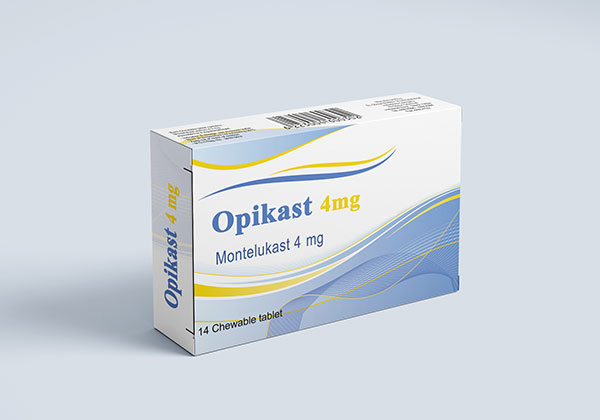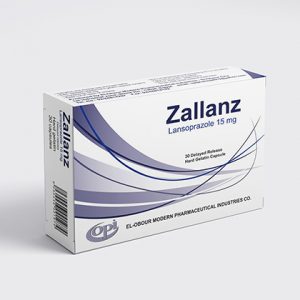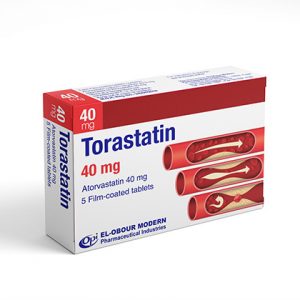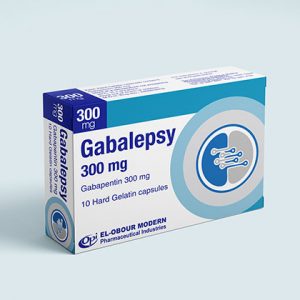Opikast 4 mg
COMPOSITION:
Active ingredient:
Each chewable tablet contains: montelukast sodium 4.2 mg equivalent to 4 mg montelukast
Inactive ingredients:
Each chewable tablet contains: mannitol, microcrystalline cellulose, hydroxypropylmethyl cellulose, croscarmellose sodium, carmoisine red, strawberry powder flavor, saccharine sodium, magnesium stearate.
THERAPEUTIC CLASS
OPIKAST · (montelukast sodium) is a selective and orally active leukotriene receptor antagonist that specifically inhibits the cysteinyl leukotriene CysLT, receptor.
INDICATIONS
Asthma
OPIKAST is indicated for the prophylaxis and chronic treatment of asthma in adults and pediatric
patients 12 months of age and older.
Allergic Rhinitis
OPIKAST is indicated for the relief of symptoms of seasonal allergic rhinitis in patients 2 years of
age and older and perennial allergic rhinitis in patients 6 months of age and older.
CONTRAINDICATION
Hypersensitivity to any component of this product






